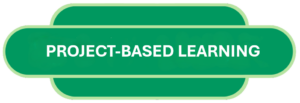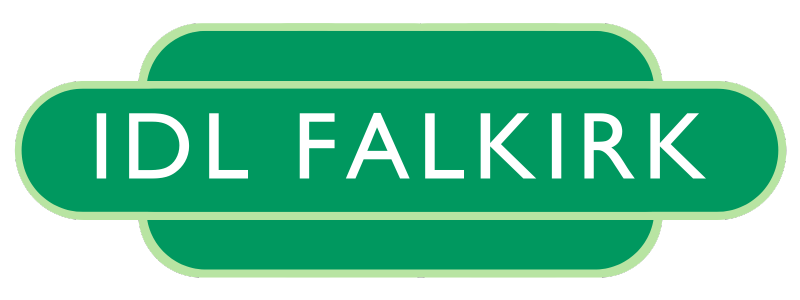
Or PBL – is a pedagogical approach to teaching which works well for the delivery of interdisciplinary learning. It is recommended to us in Appendix 2 of the thought paper “Interdisciplinary Learning: ambitious learning for an increasingly complex world” published in October 2023. The 7 key elements of PBL are below and more information about it can be found here:
- The challenging problem or question – here the project is framed by a meaningful
problem to be solved or questioned to be answered. - Sustained Inquiry – the students now engage in a rigorous extended piece of research
where they pose questions, find resources and apply information. - Authenticity – the project is related to the real-world context. The tools and tasks or the
impact of the project should directly speak to the student’s concerns, interests and lives. - Student Voice & Choice – Students make some decisions about the project, including
how they work and what they create, and express their own ideas in their own voice. - Reflection – Students and teachers reflect on the learning, the effectiveness of their
inquiry and project activities, the quality of student work, and obstacles that arise and
strategies for overcoming them. - Critique & Revision – Students give, receive, and apply feedback to improve their process
and products. - Public Product – Students make their project work public by sharing it with and
explaining or presenting it to people beyond the classroom

